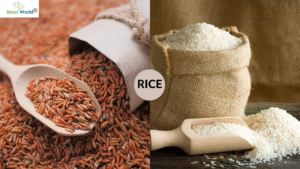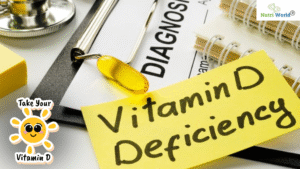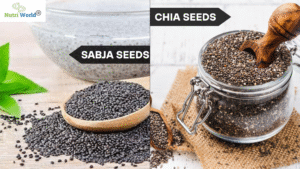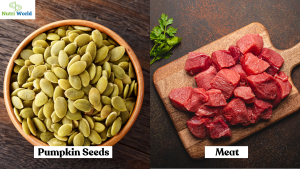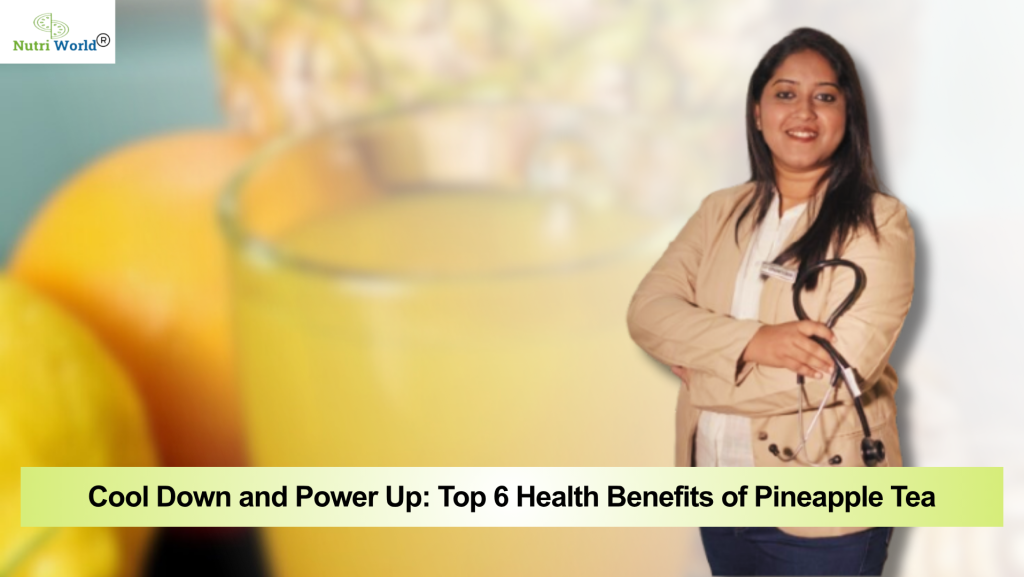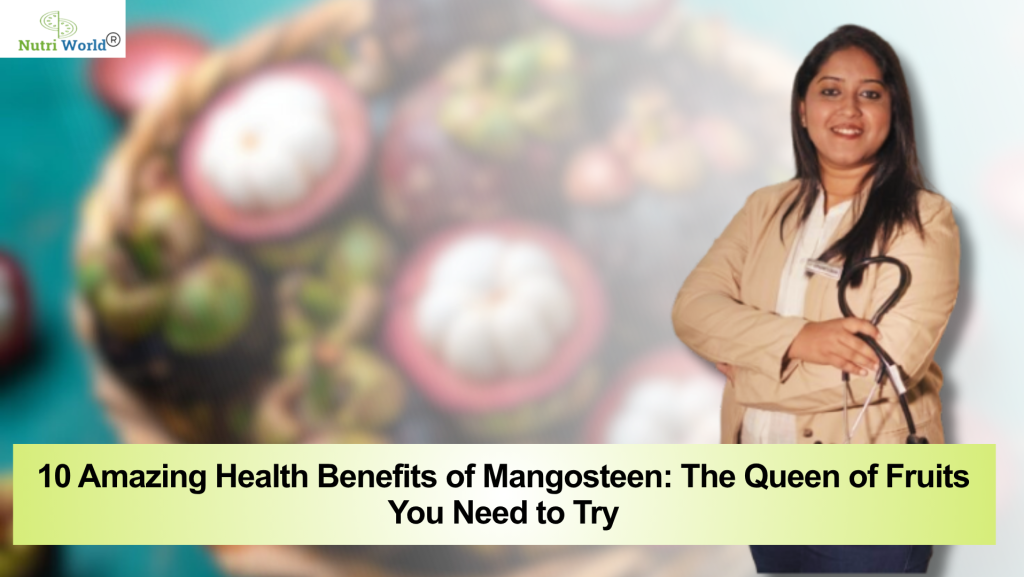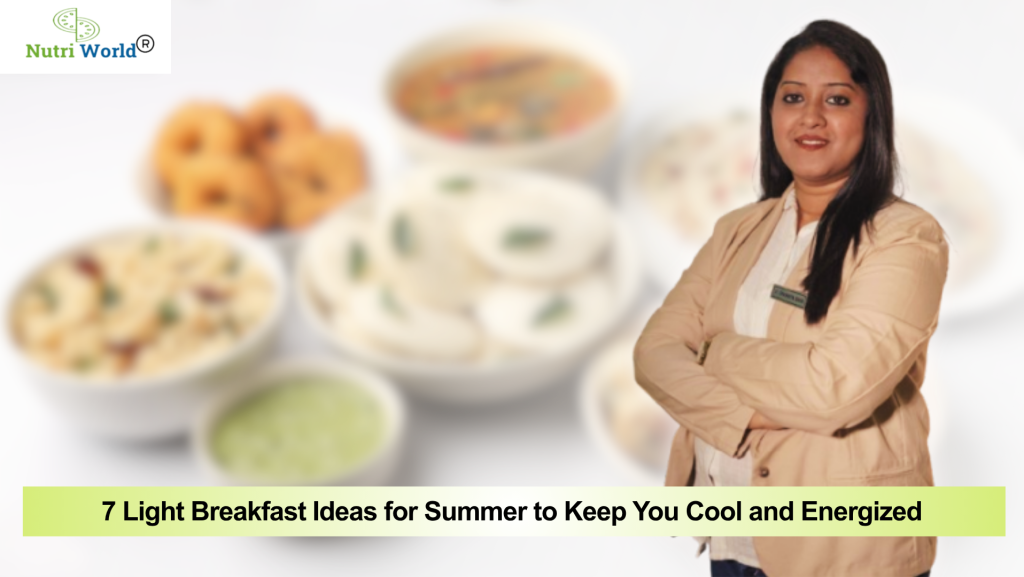When you think of protein, your mind probably jumps to chicken, eggs, or a sizzling steak. But lately, social media has been buzzing with claims that pumpkin seeds contain more protein than meat in a single serving. Is this just another internet myth, or is nature’s humble seed truly a protein powerhouse?
As a nutritionist, let’s dig into the facts — no myths, just science.
1. Understanding Protein and Its Role in the Body
Protein is one of the three essential macronutrients (alongside carbohydrates and fats). It’s made up of amino acids, which are the building blocks for muscle repair, enzyme production, hormones, and even healthy hair and nails.
While animal proteins (meat, fish, eggs, dairy) are often labeled as “complete proteins” because they contain all nine essential amino acids, plant proteins (like pumpkin seeds, lentils, beans) are also nutrient-dense and can be complete when combined smartly in the diet..
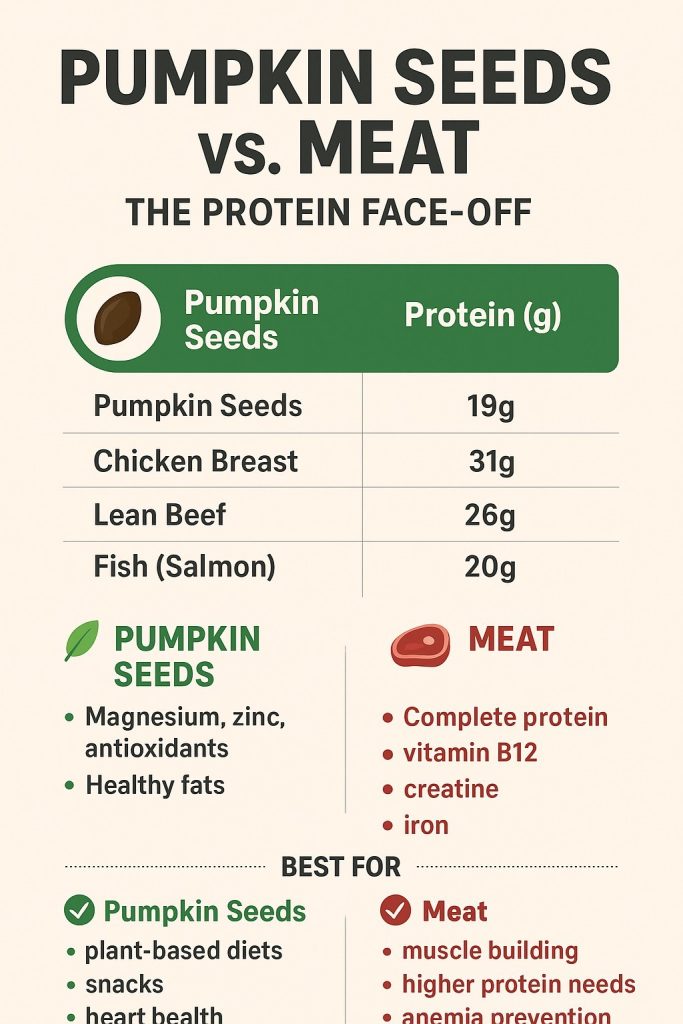
2. The Amino Acid Profile Difference
While pumpkin seeds are high in protein, they are slightly lower in lysine, one of the essential amino acids. Meat contains all amino acids in optimal proportions. For vegetarians or vegans, combining pumpkin seeds with
lysine-rich foods (like lentils or quinoa) makes the protein “complete.”
3. Nutritional Benefits Beyond Protein
Pumpkin Seeds
- High in magnesium – supports muscle function and heart health.
- Rich in zinc – crucial for immunity and hair growth.
- Loaded with antioxidants – protect cells from damage.
- Healthy fats – support brain and hormone health.
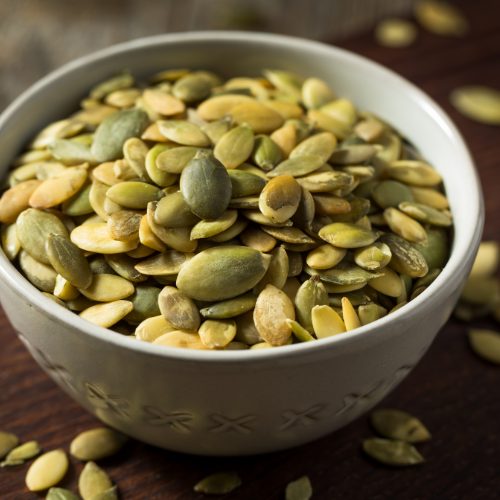
Meat
- Bioavailable iron – easily absorbed for preventing anemia.
- Vitamin B12 – essential for nerve function and red blood cell formation.
- Creatine – supports muscle performance and energy production.
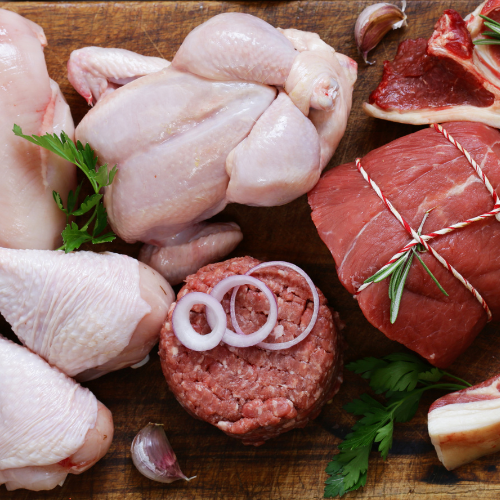
4. Portion Reality Check
Some online claims compare 28g (about ¼ cup) of pumpkin seeds to 28g (about 1 oz) of cooked meat, making pumpkin seeds appear to have “more protein.”
Here’s the breakdown per 28g serving:
- Pumpkin Seeds: ~7g protein
- Chicken Breast: ~9g protein
- Beef: ~8g protein
So, pumpkin seeds are close — but not higher — when the portion sizes are matched.
5. Which Is Better for You?
It depends on your dietary goals and preferences:
- For vegetarians/vegans: Pumpkin seeds are an excellent plant protein source, especially when paired with other plant proteins.
- For omnivores: Meat offers complete protein and higher protein density, but pumpkin seeds can be a great nutrient-dense
- For heart health: Pumpkin seeds have more healthy unsaturated fats, while lean meat can still fit into a balanced diet.
6. How to Use Pumpkin Seeds for Maximum Benefits
- Add roasted pumpkin seeds to salads or oatmeal.
- Blend them into smoothies for extra protein.
- Mix into homemade granola or protein bars.
- Use pumpkin seed butter as a spread.
Final Word:
Pumpkin seeds are almost as protein-dense as some meats when compared gram-for-gram, but not more. However, they shine as a plant-based,
nutrient-rich option that can easily complement or partly replace meat in a healthy diet.
FAQs
1. Do pumpkin seeds actually have more protein than meat?
Pumpkin seeds are indeed rich in protein — around 19 g protein per 100 g. Lean chicken breast has about 31 g protein per 100 g, and fish/meat also ranges higher. So, pumpkin seeds are protein-dense, but gram-for-gram, meat generally contains more protein.
2. If meat has more protein, why are pumpkin seeds considered a “superfood”?
Because pumpkin seeds offer more than just protein. They provide zinc, magnesium, iron, healthy fats, and antioxidants. They’re a nutrient-dense plant-based option that supports heart health, immunity, and digestion.
3. Are proteins from pumpkin seeds the same as proteins from meat?
Not exactly. Meat provides complete proteins (all essential amino acids). Pumpkin seeds are high in protein but not fully complete on their own. Pairing them with other plant proteins (like lentils, beans, or grains) makes them more balanced.
4. What’s the best way to include pumpkin seeds in the diet?
- As a topping on salads, yogurt, or smoothie bowls
- Roasted as a snack
- Ground into chutneys or added to curries
- Blended into smoothies or protein bars
5. Can pumpkin seeds replace meat in a high-protein diet?
For vegetarians and vegans, pumpkin seeds can help boost protein intake, but it’s hard to meet total protein needs with seeds alone. They should be part of a varied diet that includes legumes, soy, dairy/plant-based milk, and whole grains.

Hi, I’m Dietitian Dipanwita Saha, A Clinical Dietitian & Nutripreneur and The Founder & Director of Nutri World. I believe healthy eating should be enjoyable, balanced, and free from guilt—not about strict rules or cutting out your favorite foods. My passion lies in helping people heal their relationship with food, especially those dealing with disordered eating. If you’re looking for a supportive, judgment-free space to nourish your body and mind, I’m here to help—let’s make food feel good again.

